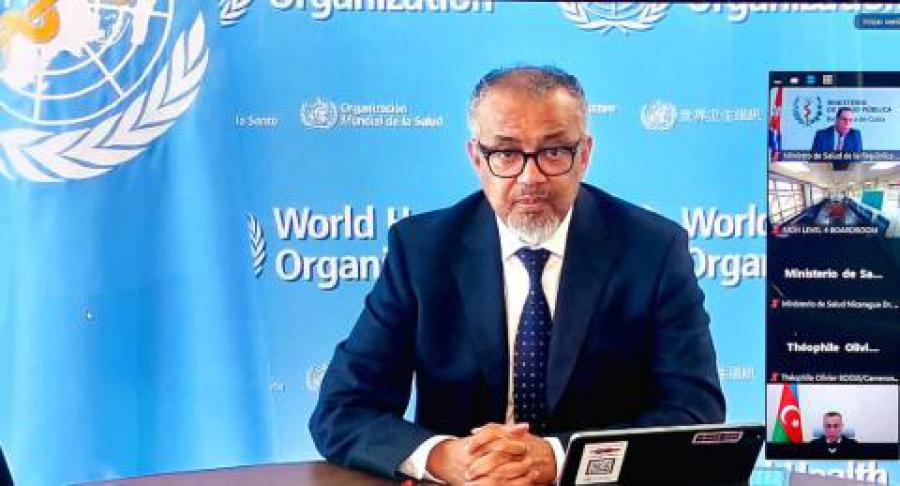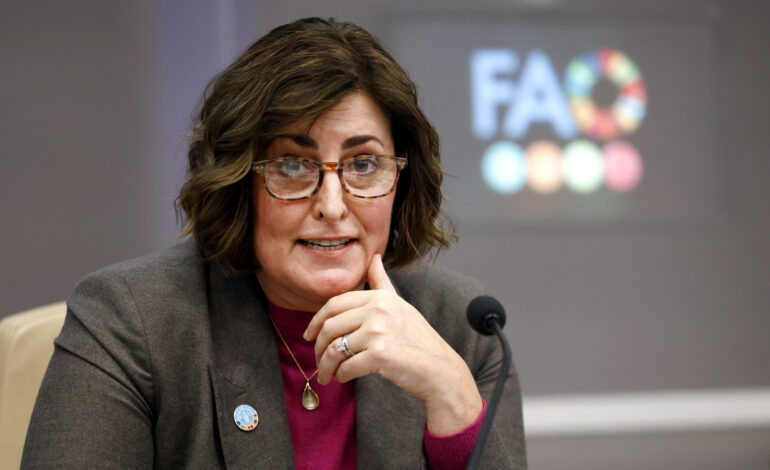
International cooperation and solidarity are essential in tackling global challenges, including efforts to ensure the effective realization of the right to health for all nations.
As proclaimed by the United Nations, promoting international cooperation and solidarity is a duty of States.
In this context, we express our profound appreciation, gratitude, and recognition to Cuban health professionals who have provided—and continue to provide—their services in multiple nations.
Since 2019, and with even greater intensity now, a dishonest campaign has been unleashed to discredit Cuba’s international medical cooperation, exert pressure on recipient governments, and deprive populations of essential healthcare services.
No one with a basic sense of honesty can doubt that this is an attack on multilateralism, a manipulation for political purposes, and a continuation of aggression and hostility against Cuba.
Access to healthcare is a human right, and millions of people cannot be deprived of this inalienable right for political reasons.
Attempts to delegitimize Cuban medical cooperation overlook the fact that the shortage of health professionals is a pressing issue worldwide, whose solution demands greater international cooperation and solidarity, not unfounded attacks.
Cuba has devoted considerable efforts and resources to health care and today has one of the highest ratios of doctors per capita in the world, enabling it to make a significant contribution to global health.
Cuban international medical cooperation has made it possible to provide high-quality health care to millions of people around the world.
Over the past 60 years, more than 605,000 Cuban health collaborators have completed missions in 165 nations.
Their feats are notable in the fight against Ebola in Africa, blindness in Latin America and the Caribbean, cholera in Haiti, and the COVID-19 pandemic. Numerous brigades from the Cuban International Contingent of Doctors Specialized in Disasters and Major Epidemics ‘Henry Reeve’ have carried out humanitarian work in many nations.
Cuban professionals and technicians participating in these programs do so exclusively upon the express request of the concerned countries, offering their expertise and services freely and voluntarily.
Many of them work in remote rural areas to save lives, even at the risk of losing their own. They provide care to all patients without distinction, refraining from getting involved in internal political affairs and strictly respecting the laws and customs of the countries where they work.
Additionally, Cuba has provided free medical training to 43,000 healthcare professionals from 120 nations. In numerous countries, medical faculties have been established with Cuban professors.
It is imperative to defend and recognize the valuable contributions of thousands of Cuban health professionals who, through immense personal sacrifice, continue to offer their cooperation.
Neither discrediting campaigns nor the devastating effects of the intensified economic, commercial, and financial blockade have succeeded in preventing Cuba from continuing to save lives and share its limited resources with other nations in need.
Cuban medical cooperation will remain a symbol of hope, dedication, humanity, and solidarity.








